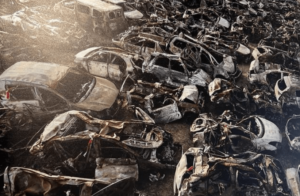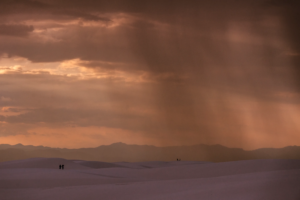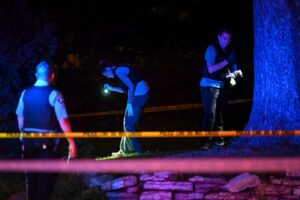Nzohabonimana Daniel
Gilbert Ndahayo, a Rwandan filmmaker who resides in the United States has recently taken part in the 63th edition of the 2013 Berlin international film festival.
The festival commonly referred to Berlinale ended on the 27th February and attracted 300 artists from all over the world.
In an email interview with IGIHE, Gilbert said that his second documentary The Rwandan Night was selected among 5,000 projects from all over the world. He said that he enjoys networking with fellow artists. (…)
Gilbert Ndahayo, a Rwandan filmmaker who resides in the United States has recently taken part in the 63th edition of the 2013 Berlin international film festival.
The festival commonly referred to Berlinale ended on the 27th February and attracted 300 artists from all over the world.
In an email interview with IGIHE, Gilbert said that his second documentary The Rwandan Night was selected among 5,000 projects from all over the world. He said that he enjoys networking with fellow artists.
“When one is working on a film, you are pretty much isolated. The only joy is to see the film on the big screen and reception of the audience”, Ndahayo said.
In Berlin, he met David Munoz, a Spanish film director that he produced a film in 2006 titled Flowers of Rwanda. The Spanish artist was presenting his new film About Ndugu.
During his two weeks stay in Germany, Ndahayo made a deal with Laura, a screenwriter from Madrid, Spain.
“We are going to make an action short film, something that is rare in African cinema and we plan to make the film in Africa before the fall 2013”, said the US based Rwandan filmmaker.
Ndahayo was only 17 years old during the genocide against ethnic Tutsi in 1994.
“On 6th of April, 1994 I ran to seek refuge at the RPF camp and my parents went to hide in the convent, nearby our home thinking they would be safe.
On April 10th 1994, Interahamwe death squad stormed the convent and killed about 153 people including his mother, young sister and his father was later murdered on April 17th 1994.
I have a life because RPF soldiers protected me and others”, said the genocide survivor.
Twelve years after the genocide in 2006 he felt the need to say something. “I just could not speak”, said Ndahayo.
He noted that at that time he had joined the film industry and had directed a short fiction film Scars of My Day, a love story set in the capital city.
When he arrived in the US in 2008, he had directed and produced Behind This Convent, a story of nuns about what happened during the 1994 genocide against Tutsis.
Behind This Convent was a hit in 2008 at ZIFF and won Verona Award for Best African Film. Gilbert Ndahayo told IGIHE in an email interview that he worked to produce Rwanda: Beyond The Deadly Pit after he was admitted for a Masters in Fine Arts (film directing) at Columbia University in New York City.
Gilbert Ndahayo said that he was very happy to collaborate with Rwandan artists Aimable Twahirwa, Mighty Popo and Suzanne Nyiranyamibwa who are very famous.
“ Their music is original and provides a feeling of transition from the genocide and at the same time testifying to the living ordeal of our country”.




